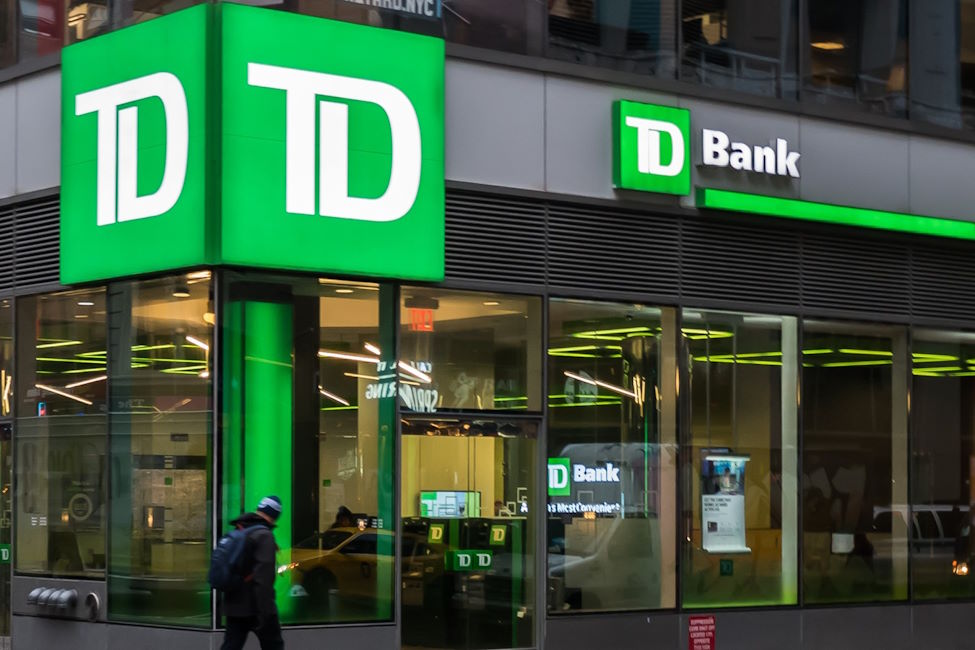In a move that sent shockwaves through the banking industry, U.S. regulators have slapped TD Bank with a staggering $28 million USD fine for repeatedly sharing inaccurate and damaging information about its customers with credit reporting agencies. The errors could have far-reaching consequences for thousands of individuals whose creditworthiness may have been unjustly tarnished.
The Consumer Financial Protection Bureau (CFPB) revealed that TD Bank shared incorrect data, including details about personal bankruptcies, credit card delinquencies, and even fraudulent accounts—ultimately threatening the financial stability of its customers.
How Could TD Bank Get It So Wrong?
For years, TD Bank provided flawed credit data to major reporting agencies, failing to address or correct errors in a timely manner. Customers were left grappling with false information that could jeopardize their ability to obtain loans or secure favorable rates. Among the most damaging inaccuracies were wrongful claims about personal bankruptcies and accounts that had been fraudulently opened.
Shockingly, the CFPB stated that the bank didn’t just fail to act quickly—it also diverted resources from fixing these errors to focus on other parts of its business. As a result, customer disputes were left unresolved, causing long-term damage to individuals’ credit reports.
Bank Growth at the Cost of Consumer Trust
“TD Bank illegally threatened the consumer reports of its customers with fraudulent information and then barely lifted a finger to fix it,” said CFPB Director Rohit Chopra in a scathing statement. He further accused the bank of being more focused on growth and expansion than fixing critical internal issues, leading to this massive breach of trust.
The $28 million payout includes a $20 million civil fine, along with $7.76 million in restitution to tens of thousands of customers who were impacted by the inaccuracies.
TD Bank’s Response: Damage Control or Genuine Effort?
Following the public reprimand, TD Bank claimed that it had “self-identified” these issues long before the settlement. According to a spokesperson, the bank had already implemented improvements to its practices related to credit reporting and dispute resolution, emphasizing that the bank is committed to its responsibilities to customers.
But is this response enough to quell the rising concern among consumers who’ve trusted one of Canada’s largest banks with their financial future?
A History of Fines and Reprimands
This isn’t the first time TD Bank has found itself in hot water with U.S. regulators. In recent years, the bank has faced numerous fines and penalties that raise questions about its compliance with consumer protection and anti-money laundering laws.
- August 2023: TD Bank was part of a $82 million settlement with the U.S. Commodity Futures Trading Commission for record-keeping violations.
- March 2023: TD was fined $9.2 million CAD by Canada’s Financial Transactions and Reports Analysis Centre for failing to report suspicious transactions.
- 2020: TD was ordered to pay $97 million USD in restitution to customers for unlawful overdraft practices, along with a $25 million penalty.
Moreover, the bank is still under scrutiny for its anti-money laundering practices, with expectations of a potential $3 billion penalty looming in the U.S.
What Does This Mean for Canadians?
For Canadians, the fallout from TD’s mishandling of consumer credit data could cause more than just a temporary blip on the radar. Credit scores are a critical factor for securing mortgages, personal loans, and even business financing. For those impacted, the damage done by inaccurate reporting can have long-lasting consequences, from higher interest rates to outright loan denials.
This scandal also raises broader concerns about whether Canadian consumers can trust their financial institutions to accurately manage their data. While TD Bank is a giant in the industry, this misstep underscores the need for all financial institutions to improve internal compliance processes and prioritize consumer protection.
Bank Bureaucracy: Is It Part of the Problem?
Experts argue that TD Bank’s failings could be symptomatic of a larger issue within financial institutions: excessive bureaucracy. According to Lynnette Purda, a professor at Queen’s University’s School of Business, the layers of red tape designed to enhance monitoring might actually be slowing down or even impeding the timely resolution of critical issues like those faced by TD Bank’s customers.
“There’s layers of bureaucracy that we think are making a system better that perhaps are not and are in fact impeding it,” Purda told CBC News. This, she says, is a lesson for all financial institutions as they evaluate how they escalate and handle consumer complaints and suspicious activities.
What’s Next for TD Bank?
The pressure is mounting on TD Bank to clean up its act. As one of the largest financial institutions in North America, its global reputation is at stake. While the $28 million fine may seem substantial, it pales in comparison to the $3 billion fine the bank could soon face for issues related to anti-money laundering practices.
For customers, both in the U.S. and Canada, the question remains: Is TD Bank trustworthy? And for Canadian business owners, the fallout from such mishandling could serve as a cautionary tale when choosing financial partners. The penalties, fines, and public scrutiny will undoubtedly push TD to enhance its compliance systems, but the damage to consumer trust may be harder to fix.
Final Thought: Can Canadian Banks Be Trusted?
This latest scandal involving TD Bank isn’t just about one institution—it raises broader concerns about the reliability of Canada’s major banks to handle personal financial data responsibly. With fines continuing to roll in, both customers and regulators may begin demanding greater transparency and accountability.
As TD Bank navigates this crisis, it’s clear that the stakes are high—not just for the bank itself, but for Canada’s entire financial sector. After all, if one of the country’s biggest banks can make such significant errors, it begs the question: What other mistakes are going unnoticed?







